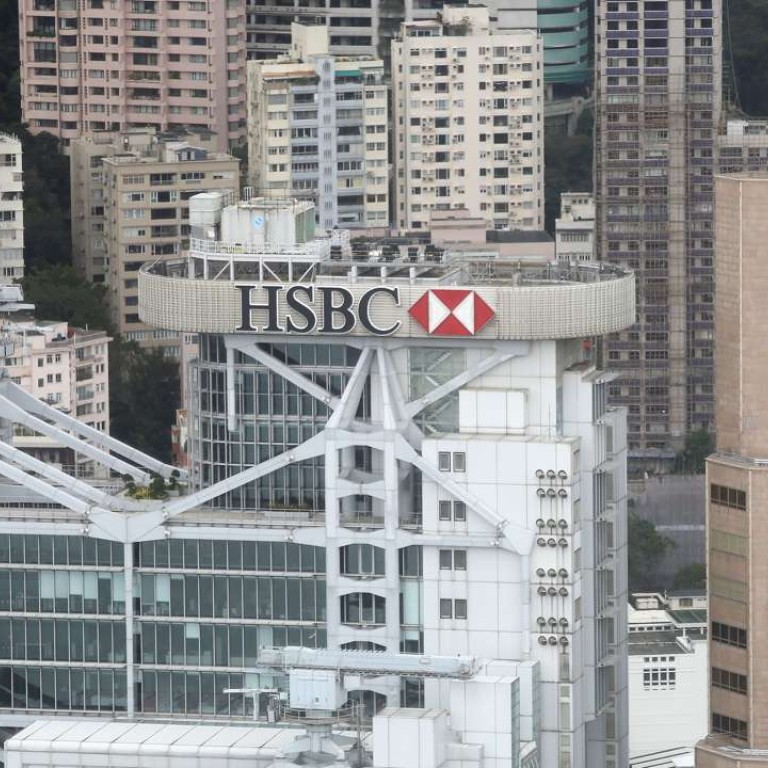
New | HK banking sector profits grow 8.7pc in 2016 but officials still advise caution
Hong Kong Monetary Authority says sector remains resilient, but adds ‘in 2017, the macro environment will be more challenging’
Hong Kong’s banking industry grew its overall profits last year, according to official figures, though the regulator warned of a more challenging environment for the rest of this year.
The Hong Kong Monetary Authority (HKMA), the city’s de facto central bank, said that pre-tax operating profits of banks in Hong Kong grew by 8.7 per cent last year compared with 2015, turning around 2014’s 3.6 per cent decline in profits.

Arthur Yuen Kwok-Hang, the HKMA’s deputy chief executive, said the progress last year was on the back of rising loan growth within Hong Kong, in mainland China, and further afield.
Total loans extended by Hong Kong banks increased by 6.5 per cent compared to 2015, with mortgage lending increasing by 4.2 per cent. Net interest margins were unchanged at 1.32 per cent.
Yuen said that Hong Kong’s banking sector “remained resilient”, but despite the ostensibly impressive figures, he advised caution in the face of a rising interest rate environment in the US.
“In 2017, the macro environment will be more challenging,” Yuen told a media briefing at the HKMA offices, adding the regulator’s first priority for 2017 would be liquidity, not credit risk as it had been in 2016.
After the global financial crisis, 100 billion dollars of hot money flowed into Hong Kong. When it flows out, there will be pressure on liquidity
“It is hard for us to forecast the level of liquidity in the system as there are many things that might trigger outflows, but the most significant is the difference in interest rates between the US and Hong Kong,” Yuen said.
“After the global financial crisis, 100 billion dollars of hot money flowed into Hong Kong. When it flows out, there will be pressure on liquidity,” Yuen said.
At present Hong Kong’s aggregate balance stands at approximately HK$260 billion – an ample level but still lower than its peak of over HK$400 billion before the Fed raised its rates.
One month HIBOR (the Hong Kong Interbank Offered Rate, or the rate at which banks lend to each other), currently stands at 0.77 per cent.
Stricter stress tests will be carried out on Hong Kong’s banks to check they can cope with tightened liquidity, Yuen said, advising banks to be cautious when extending loans and approving mortgages.

Meena Datwani, the HKMA’s executive director for enforcement and AML, said the figure was three percentage points lower than last year.
She also noted that the trend had been away from complaints regarding bank account opening, and more towards those involving the freezing of accounts, which suggested the city’s banks were allowing accounts to open, but were adopting a “risk-based approach” when monitoring them for areas of concern.

